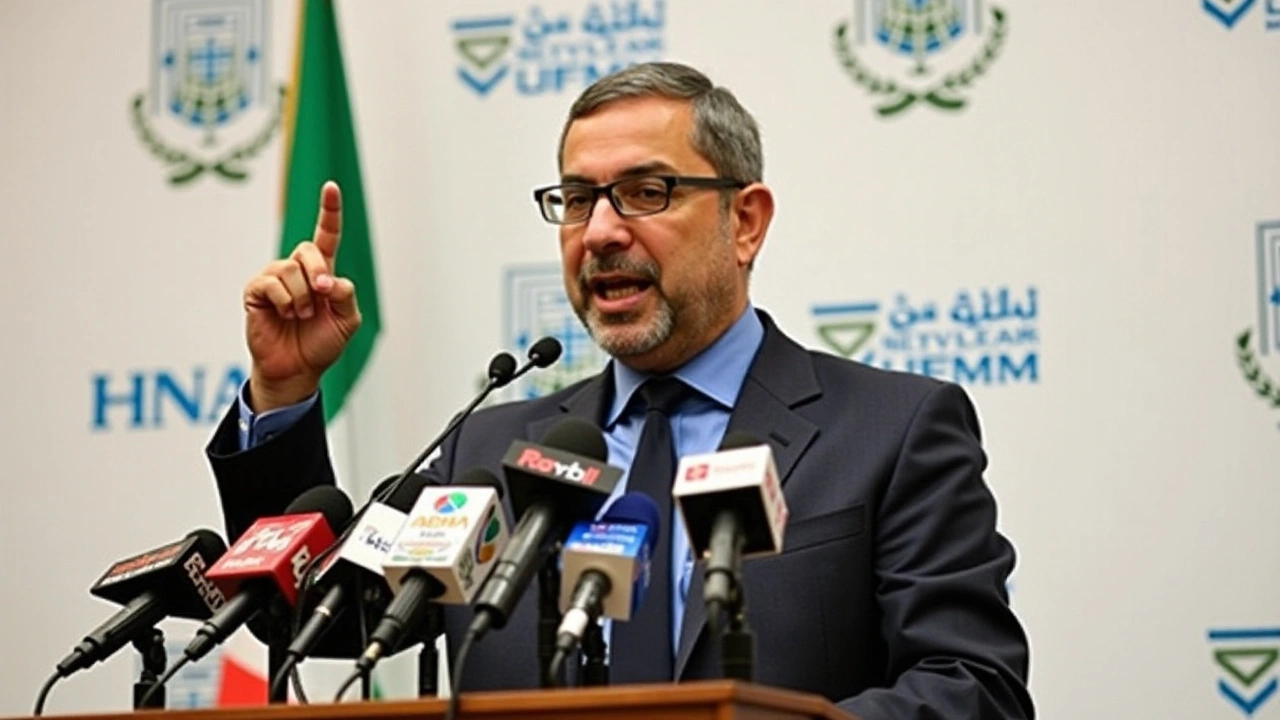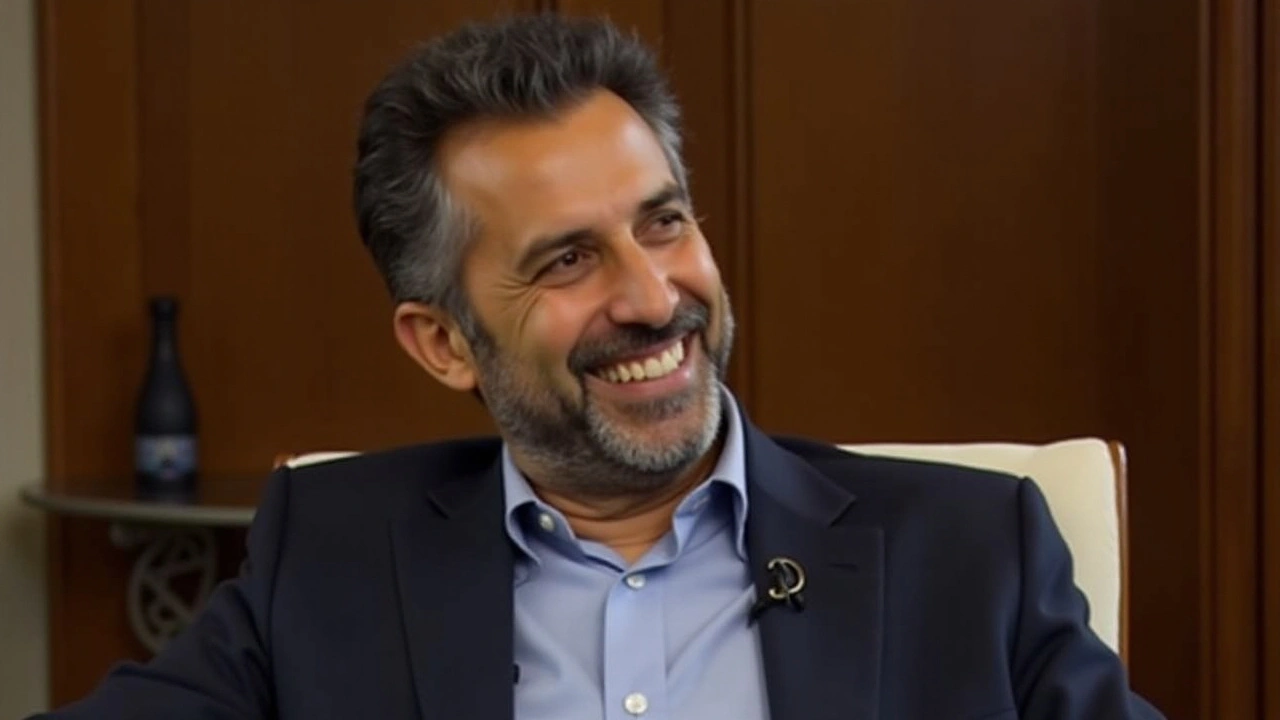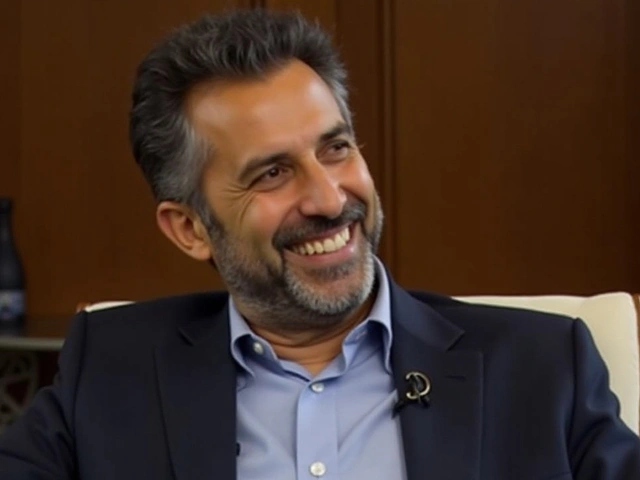Ahmadinejad's Explosive Allegations Raise Concerns Over Mossad's Reach
In a recent interview with CNN Turk, former Iranian President Mahmoud Ahmadinejad made sensational claims about Israel's intelligence agency, Mossad. He asserted that Mossad agents had managed to infiltrate Iran's key anti-Israel intelligence unit. According to Ahmadinejad, not only was the head of this critical unit a Mossad agent, but there were also 20 additional Israeli operatives embedded within it. These revelations have sent shockwaves, raising serious questions about the integrity and security of Iran's intelligence operations.
The former president's allegations are particularly troubling given their implications. Ahmadinejad alleged that these infiltrators, deeply entrenched within Iran’s intelligence apparatus, had access to sensitive details about Iran’s highly guarded nuclear program. This breach would have had dire consequences, potentially jeopardizing Iran's strategic capabilities. Furthermore, Ahmadinejad claimed that these agents played pivotal roles in the eliminations of several Iranian nuclear scientists, whose deaths have significantly hindered Iran's nuclear advancements over the years.
Historical Context: Decades of Tension and Subterfuge
Ahmadinejad's statements come against a backdrop of historical tension and espionage between Israel and Iran. The Israeli intelligence agency, Mossad, has long been known for its meticulous and often daring operations, aiming to curtail Iran's nuclear ambitions. These operations, while sometimes overt, often involve a higher degree of covert activities aimed at gathering critical information and neutralizing perceived threats. The revelation of infiltration as deep as Ahmadinejad suggests highlights the cat-and-mouse game of international intelligence.
In the wider Middle East theatre, the rivalry extends beyond just Iran and Israel. The tangled web of alliances and enmities has seen various nations grappling with internal and external threats to their security. The mention of Hezbollah commanders such as Hassan Nasrallah, who reportedly moved with extreme caution, underscores the lengths to which these groups go to protect their leadership and operational secrecy. Nasrallah's killing, among others, pointed to potential breaches in security that were once thought impenetrable. The repercussions of such infiltrations are far-reaching, with changes in operational tactics and often, increases in clandestine counter-intelligence efforts.
Potential Infiltrations: Exploring the Evidence
While Ahmadinejad's claims remain unsubstantiated, the continued rise in Israeli intelligence successes suggests a need to scrutinize the potential vulnerabilities within both Iranian and Syrian security frameworks. This is especially pertinent in light of the assassinations of notable Hezbollah commanders such as Ibrahim Aqil, Nabil Kouak, and Ahmad Wehbe, alongside senior Hamas figures like Saleh Al-Arouri and Ismail Haniyeh. These individuals were not merely high-ranking officials; they were linchpins in their respective organizations, whose removal has disrupted operational flows and strategies.
Israeli sources have pointed to these successes as the result of two decades of painstaking intelligence work, with particular emphasis on Hezbollah's operations during the Syrian conflict. Such depth of insight would indeed require a blend of human intelligence, signal intelligence, and perhaps crucially, insider information. Given this context, a detailed review of recent breaches and the processes by which intelligence is handled within Iran and Syria becomes imperative. These nations may need to reconsider their security protocols to avoid such penetrating infiltrations in the future.
Speculating on Future Security Measures
If Ahmadinejad's allegations hold any grain of truth, it could force a comprehensive overhaul of Iran’s intelligence community. While the former president has a reputation for making controversial and often inflammatory statements, dismissing these claims out of hand could be perilous. The possibility of such a high-level infiltration could necessitate a complete rethink of recruitment, training, and operational security within Iranian intelligence.
Moreover, this scenario emphasizes the need for robust counter-intelligence measures designed to detect and neutralize such infiltrations. It could lead to increasing internal reviews, loyalty tests, and the adoption of more sophisticated security measures. Such steps, while internally disruptive, could be necessary to rebuild and maintain the integrity of Iran's intelligence capabilities.

Conclusion: Echoes of a Shadow War
The narrative of espionage and intelligence warfare between Iran and Israel reads like a gripping spy novel, filled with daring exploits, high stakes, and dramatic unsolved mysteries. Ahmadinejad’s recent claims add yet another twist to this ongoing saga. While these allegations are alarming and currently unverified, they underscore the complex and perilous nature of intelligence work in a region fraught with conflict and suspicion. It is a stark reminder of the lengths nations will go to in order to secure their interests and the ongoing shadow war that often escapes public scrutiny but shapes global politics profoundly.



12 Comments
Write a comment